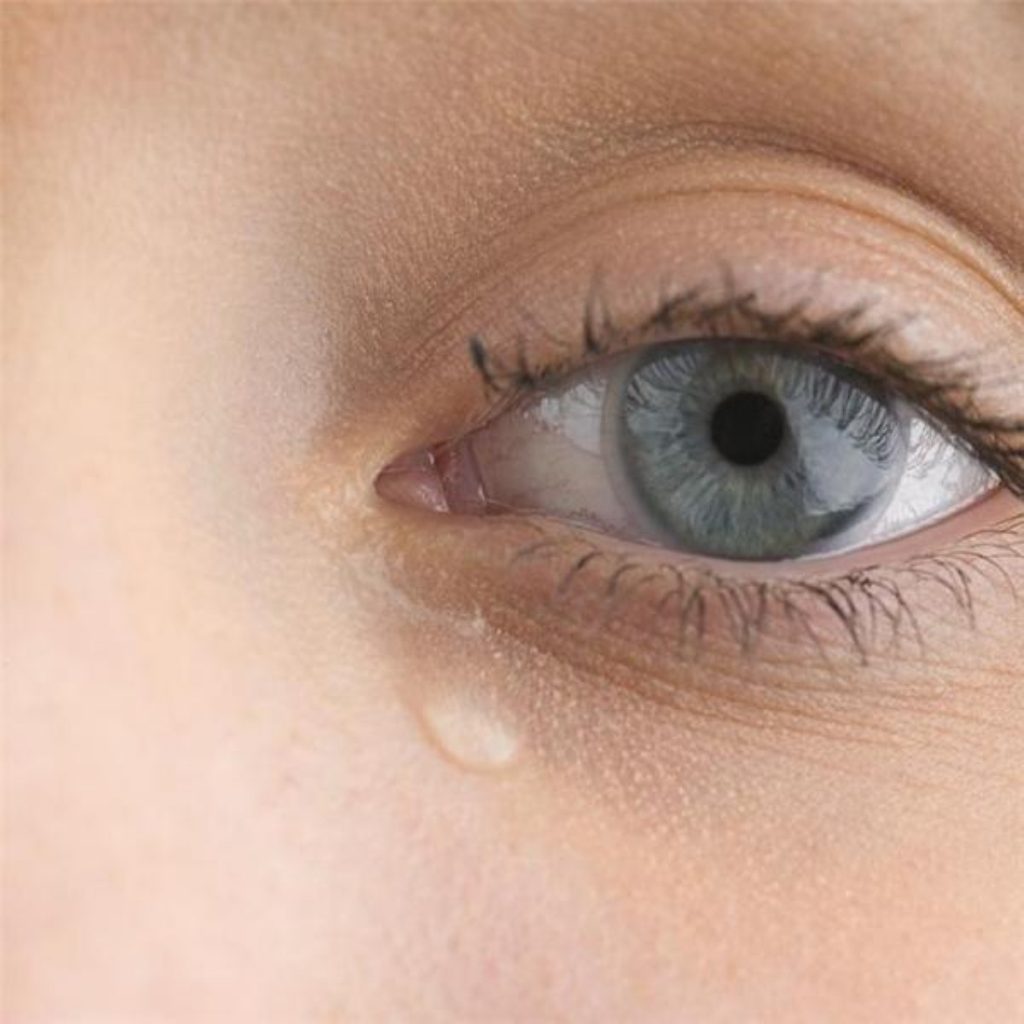The human price of the prison crisis: 2014 suicide rates revealed
New figures show the suicide rate in prisons in England and Wales in 2014 stood at 82, its highest level for seven years.
The Howard League put out the data, which is based on Ministry of Justice figures. Its chief executive, Frances Crook, said:
"No one should be so desperate whilst they are in the care of the state that they take their own life.
"The numbers hide the true extent of misery inside prisons and for families. It is particularly tragic that teenagers and other young people have died by their own hand in our prisons and we should all be ashamed that this happened.
Featured BASC given permission to bring judicial review of Defra decision
Featured Concern over doctors’ health needs as legislation to regulate PAs and AAs introduced
"Hard-pressed prison staff have to save lives by cutting people down almost every day and without this the death toll would be even higher."
We will never be able to wipe out suicide altogether, be in prison or wider society. But according to the chief inspector of prisons, who is as knowledgeable and impartial a figure as we are likely to find on the matter, many of these were preventable deaths.
Nick Hardwick has been warning of this for some time, but the Ministry of Justice refuses to even admit a prison crisis exists, let alone take steps to fix it.
In April last year, Hardwick told the Sunday Times:
"I am not satisfied this is being given the urgency and priority it needs. Were these increases in deaths to happen in any other area, there would be an outcry. It is really important the system doesn't try to explain this away."
There was, it hardly needs saying, no change in policy from the Ministry of Justice. In July Hardwick told Newsnight:
"If you look since the beginning of the year, our inspection findings have dropped significantly.
"We are seeing a lot more prisons that are not meeting acceptable standards across a range of things we look at. And I go to most of these inspections and I see with my own eyes a deterioration.
"There is a danger I think of the politicians over-analysing the figures and miss what is under their noses on the wings, which is sometimes I think people being held in deplorable conditions who are suicidal, they don't have anything to do and they don't have anyone to talk to. We need to look at what's under our noses and sort that."
Still nothing was done. Then he published his annual report in October. As usual he highlighted the consequences of cutting staff numbers while putting more and more people in prison. It's what happens when austerity meets law-and-order politics. You slash running costs for public sector prisons by £84 million and grow the population to over 85,000. It is not difficult to imagine what happens next.
But Hardwick went a step further. He cited "a significant policy agenda", which "included plans to transform rehabilitation arrangements, make it harder for prisoners to earn privileges and tighten the rules for temporary release".
This is the Incentives and Earned Privileges scheme, of which the prison book ban was a part. It's the draconian rules imposed on prisons which were so celebrated by the right-wing press and backbench Tories. What it really involves is a set of arbitrary punishments which rob prisoners of a reason to behave. It is a punishment regime based on humiliation and dehumanisation.
This is what Hardwick had to say about the rise of suicides and violence in prisons in his annual report:
"Increases in self-inflicted deaths, self-harm and violence cannot be attributed to a single cause. They reflect some deep-seated trends and affect prisons in both the public and private sectors. Nevertheless, in my view, it is impossible to avoid the conclusion that the conjunction of resource, population and policy pressures, particularly in the second half of 2013-14 and particularly in adult male prisons, was a very significant factor for the rapid deterioration in safety and other outcomes we found as the year progressed. The rise in the number of self-inflicted deaths was the most unacceptable feature of this. It is important that the bald statistics do not disguise the dreadful nature of each incident and the distress caused to the prisoner’s family, other prisoners and staff." [italics added]
It is remarkable. This is the chief inspector of prisons blaming the secretary of state's policy for violence and suicide behind bars. Again, no change followed from this damning assessment. Everything continued as it was before and now we are where we are today. Four prisoners in Wandsworth prison alone committed suicide last year. Another four in Elmley prison, in Kent. Three each in Exeter prison, Highpoint prison, Humber prison, Leeds prison, Liverpool prison and Preston prison.
It's not enough to blame Chris Grayling. He can only get away with it because people care so little for what happens in prison.

